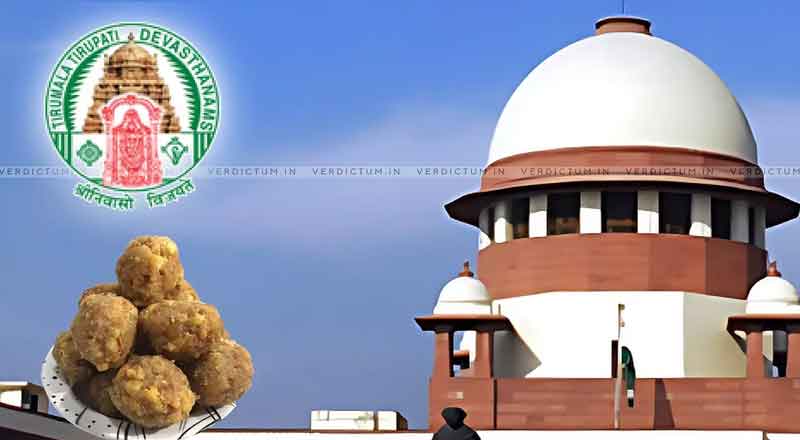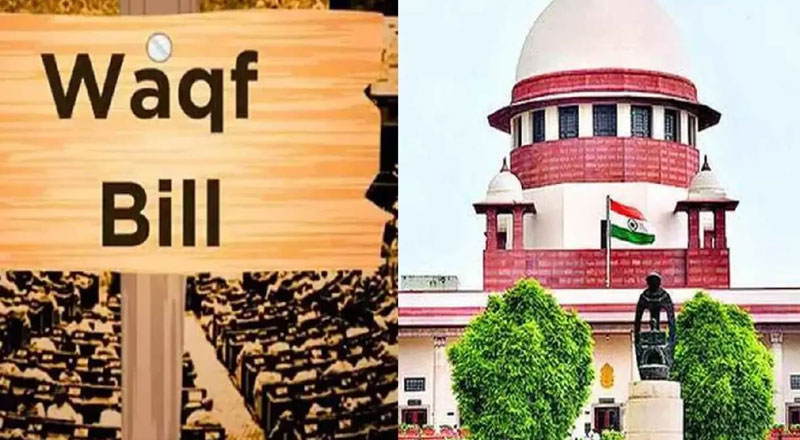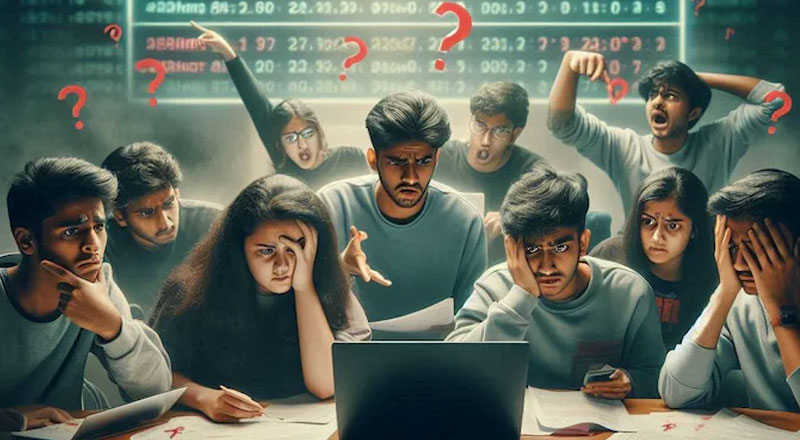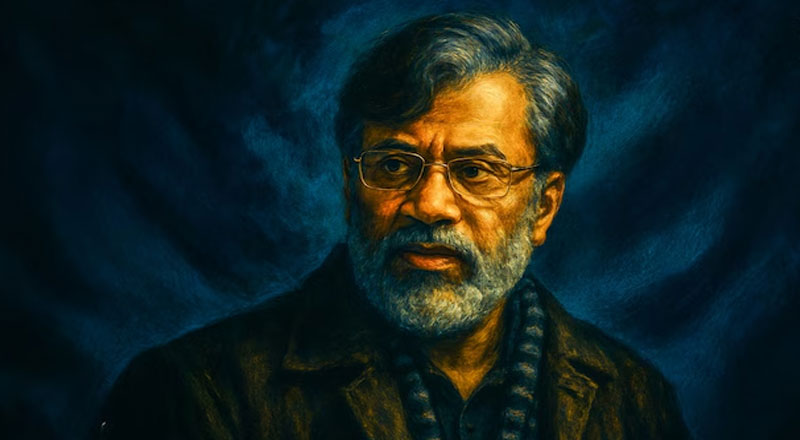Spiritual Sentiments and Controversy
The Tirupati temple, one of the holiest Hindu shrines, is revered by millions of devotees across the globe. For these pilgrims, the laddu prasad offered at the Sri Venkateswara Swamy temple in Tirumala holds deep spiritual significance. It’s not just a sweet; it is a symbol of divine blessings. Recently, however, this sacred offering has been at the center of a controversy that has sparked widespread distress. Allegations that animal fat was used in the preparation of the laddus have led to a storm of outrage, shaking the faith of devotees and sparking political debates.
Fresh SIT Ordered by Supreme Court
In light of the ongoing controversy, the Supreme Court of India has intervened, ordering a fresh investigation into these serious allegations. On October 3, the apex court directed the formation of an independent Special Investigation Team (SIT) to probe the matter thoroughly. The court stressed the importance of an objective and impartial inquiry to uphold public confidence and ensure that the truth is revealed without political interference.
Composition of the SIT
The court has proposed a five-member SIT for the investigation, carefully ensuring representation from multiple bodies to maintain neutrality. The team will include two officers from the Central Bureau of Investigation (CBI), two representatives from the state government, and an expert from the Food Safety Standards Authority of India (FSSAI). The inclusion of the FSSAI expert, a body specializing in food safety regulations, is intended to lend technical credibility to the investigation.
Emphasis on Impartiality and Public Faith
During the hearing, the Supreme Court emphasized that the investigation must be free from any political influence. The bench, comprising Justices BR Gavai and KV Viswanathan, highlighted the sensitive nature of the issue, noting that millions of devotees could have their religious sentiments hurt if the matter is not handled carefully. The court expressed its determination to prevent the inquiry from turning into a “political drama,” a clear reflection of the concern over the polarizing debates that have erupted around the controversy.
Background: Allegations and Political Tension
The controversy began when Andhra Pradesh Chief Minister N. Chandrababu Naidu publicly accused the former YSR Congress-led government, under Jagan Mohan Reddy, of allowing the use of animal fat in the sacred laddus during their tenure. This accusation has led to political tensions between the two parties, with the YSR Congress accusing Naidu of making the claims for political mileage. The timing of Naidu’s statement, which was made before an official FIR was filed, added fuel to the fire, creating suspicion about whether the issue was being used for political gain.
Legal Considerations and Court’s Caution
In its earlier hearing on September 30, the Supreme Court raised concerns about the timing of Naidu’s allegations, noting that they were made before the formation of an official SIT. The court questioned the integrity of the previous tests conducted on the laddus, suggesting that the samples tested might have been “rejected butter” rather than the actual prasad offered to devotees. This doubt further bolstered the court’s decision to order a fresh probe, independent of earlier investigations.
Protecting Faith, Avoiding Political Drama
The Supreme Court’s directive to establish an independent SIT reflects its commitment to ensuring a fair and transparent investigation into the Tirupati laddu controversy. The court has made it clear that it will not allow itself to become a platform for political grandstanding, as the allegations involve matters of faith that resonate with millions of people worldwide. By involving expert authorities like the CBI and FSSAI, the court aims to uphold the sanctity of the temple while addressing the concerns surrounding food safety.
In a country where religion and politics often intersect, this case is a reminder of the delicate balance that must be maintained when addressing issues that involve both faith and governance. The court’s decision brings hope that truth and objectivity will prevail, and the faith of the devotees will remain unshaken.
(With inputs from agencies)





